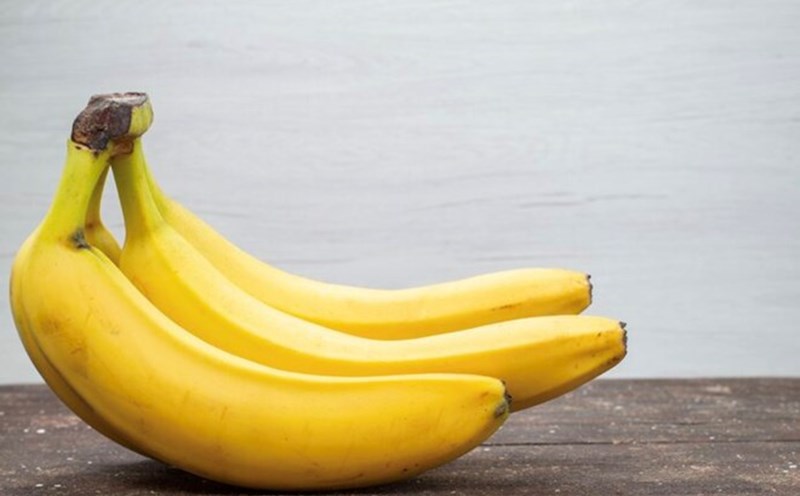Mild to moderate dehydration can increase blood sugar levels in both healthy people and type 2 diabetes patients, making it difficult to control blood sugar and increasing the risk of complications.
The adult body has about 60% water, which plays a role in maintaining blood volume, transporting nutrients and supporting metabolic reactions.
When dehydrated (due to drinking less, sweating a lot, diarrhea or taking diuretic drugs), the volume of huyet tuong is reduced, causing blood glucose levels to be more concentrated, leading to increased blood sugar.
Research published in Diabetes Care (2023) followed 3,600 people for 9 years, the group who drank less than 1 liter of water/day had a 28% higher risk of developing blood sugar than the group who drank 1.5-2 liters/day.
The European Diabetes Association shows that dehydration activates the hormone vasopressin, which promotes glucose production in the liver and reduces insulin sensitivity, making blood sugar levels uncontrollable.
The World Health Organization (WHO) recommends that in hot weather or during physical labor, people at risk of diabetes need to ensure adequate water intake to maintain stable blood sugar, especially for patients taking drugs to lower blood sugar.
Who is most vulnerable?
People with type 2 diabetes: Urinary supplements or metformin can increase urine secretion, easily leading to dehydration. At that time, blood sugar fluctuates more strongly, increasing the risk of cardiovascular complications.
Elderly: The ability to feel a decreased thirst, easily falling into a state of chronic dehydration, causing blood sugar to increase for unknown reasons.
People with severe labor or living in hot climates: sweat loses a lot of water and electrolytes, if not compensated with enough water, the glucose index will increase after meals.
How to prevent blood sugar spikes due to dehydration?
Make sure to drink 1.5-2 liters of water per day: The amount of water needed depends on body weight and exercise level. ADA recommends that diabetics should divide the water into several times a day.
Increase water intake: Eat vegetable soup, low-salt soup, or unsweetened juices to add water and fiber.
Monitor signs of dehydration: Dry mouth, little urine, colorful urine, prolonged fatigue. When you have this sign, you should drink water immediately, not wait until you are thirsty.
Avoid overly diuretic drinks: Heavy coffee and alcohol can cause faster dehydration, so they should be limited especially in people with blood sugar control.










